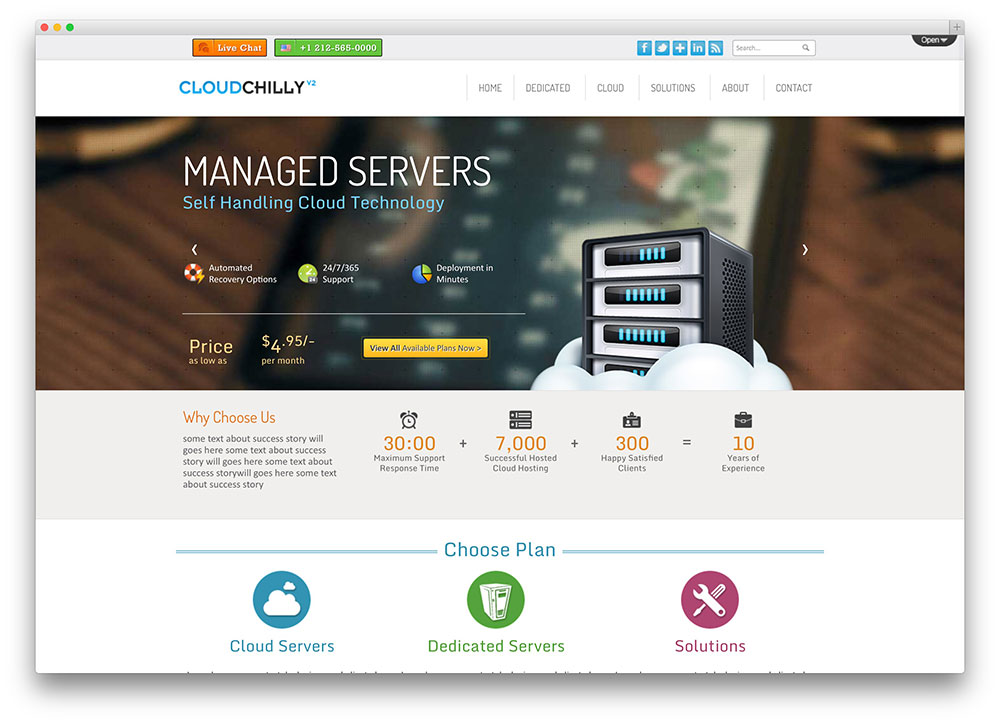
A web host will put your website on the web for all to access. Web hosting will cost you money so before choosing one of the many available, so you need to do your homework and ensure the web host you select has a solid reputation. This article details some of those factors.
If you’re just building your first website, opt for shared hosting. There are two main types of hosting on offer: shared, which is cheap, but has fewer options, and dedicated, in which you get the works and lots of customizability, but you pay for the privilege. Good shared hosting plans can be had for just a few dollars a month.
Choosing a web host which is physically located in the same country as your visitors will boost the speed of your website dramatically. If you need to target people in a certain country, make sure that your hosting company has their business located in that country.
When choosing a web hosting service, always check their record for down time. If you are conducting business through your website, you will almost certainly lose customers if they cannot access your website at all times, day or night. Check not only how many times they have outages weekly, but what the duration of these outages are.
It used to be more expensive, but in today’s world, it is entirely possible to manage several domains without spending too much money. This helps your business grow, and it helps you reach targeted customers. Know what your options are as far as multiple domain hosting is concerned. This will give you a huge extra boost!
Read the terms of your contract before subscribing to a web hosting service. You should look for a guarantee that your content will be updated right away when you upload it to your server. Remember that your visitors want up to date content and you will not be able to meet their expectations with a slow web hosting service.
Before choosing a web hosting service, check to see their bandwidth capacity. This can be seen in terms of the amount of data that come into, or out of, your website. Depending on the plan you choose, you will usually be allotted a certain amount of bandwidth on a monthly basis. Large businesses could need as much as 200 GB or smaller ones could get by with as little as 3 GB. Check the availability, then choose your plan accordingly.
Before choosing a web host provider, check to see how fast files can be uploaded or downloaded from their server. If this information is not readily available from them directly, use a “website speed test” service who can run a test for you. Realize, however, that accuracy varies and can be different depending on the time of day.
Remember that websites need hosting services to have any online presence. There is some important information you should know about web hosting services if you want to avoid encountering any problems with the provider that you choose. Utilize the hosting tips given in the above article.